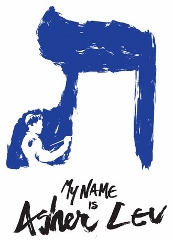
 [rating=3] The TimeLine Theatre is producing an adaptation of Chaim Potok’s novel “My Name is Ascher Lev” at The Stage 773. It is the story of the coming of age and vocation of a Hasidic Jewish painter. As the play opens, Ascher (Alex Weisman) is a child and his artistic interests and talents have already began to elicit the admiration, confusion, and concern of his parents. His father and his uncle travel for The Rabbis (all three are played by Lawrence Grimm), trying to spread Hasidism to Jews in other countries. The latter is killed, and Ascher’s Mother (Danica Monroe) is increasingly tormented for the rest of the play. ` To compound matters, the Rabbi, has arranged for Asher to study under the great artist, and non-observant Jew, Jacob Kahn (also played by Lawrence Grimm). Under his tutelage, Ascher becomes a painter of increasing repute and even fame, but his subjects, particularly crucifixions and female nudes, drive him further and further from his father, and his mother feels responsible. The play’s climax and resolution are melancholic, but written and staged in a way that is more optimistic than the novel.
[rating=3] The TimeLine Theatre is producing an adaptation of Chaim Potok’s novel “My Name is Ascher Lev” at The Stage 773. It is the story of the coming of age and vocation of a Hasidic Jewish painter. As the play opens, Ascher (Alex Weisman) is a child and his artistic interests and talents have already began to elicit the admiration, confusion, and concern of his parents. His father and his uncle travel for The Rabbis (all three are played by Lawrence Grimm), trying to spread Hasidism to Jews in other countries. The latter is killed, and Ascher’s Mother (Danica Monroe) is increasingly tormented for the rest of the play. ` To compound matters, the Rabbi, has arranged for Asher to study under the great artist, and non-observant Jew, Jacob Kahn (also played by Lawrence Grimm). Under his tutelage, Ascher becomes a painter of increasing repute and even fame, but his subjects, particularly crucifixions and female nudes, drive him further and further from his father, and his mother feels responsible. The play’s climax and resolution are melancholic, but written and staged in a way that is more optimistic than the novel.
Frequently, Bildungsroman’s, as stories about artists coming of age are known, are about overcoming one’s cultural orientations to become an artist who is true only to himself, and we do get some pretty solipsistic dialogue along these lines from Kahn (although it does sound authentic: this is the silly, self-indulgent, language even great writers use to talk about themselves). However, this play is as much about being a “Torah [Hasidic] Jew” as at is about being a famous artist who does nudes and crucifixions, whether or not Ascher’s communities and family accept both or either label. Often, adaptations of novels fall flat (largely because plays are so dialectical), but Aaron Posner’s script maintains the novels compelling narrative arc and contains plenty of sharp and meaningful dialogue. Under the direction of Kimberly Senior, Alex Weisman, delivers the lines “My Name is Ascher Lev. I am an observant Jew. I am a painter” in his repeated soliloquies with a fascinating mix of increasing violence and conviction while demonstrating a sensitive timidity, particularly towards Kahn and gentile women throughout the play. The father, uncle, Rabbi, and Kahn are not very similar characters, and Lawrence Grimm’s versatility is on full display here. 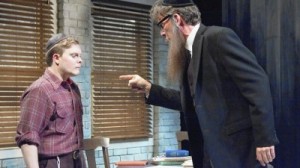
His performance in each role is a success in its own right (Elizabeth Flautto’s costume design should also be credited here for allowing him to move seamlessly from character to character). Danica Monroe was bravely struggling through a bad cough that clearly was not part of the show, and her delivery was certainly off, but she was convincing as Ascher’s mother, as Kahn’s gentile colleague, and as a nude model. In particular, in the role of Ascher’s mother, she was able to affect an ethnic accent and mannerisms in a way that was more muted and convincing than the other actors. At full speed, she may very well be the show’s greatest asset. The set by Brian Sidney Bembridge works as both as a Hasidic home and an art gallery, but could have been more reminiscent of Brooklyn
The TimeLine Theatre production “My Name is Ascher Lev” is not at their usual location, but at at Stage 773 located at 1225 W. Belmont Avenue. The play runs through October 18th with performances: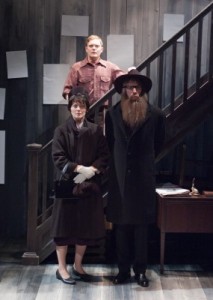
Wednesday and Thursday at 7:30
Fridays at 8 P.M.
Saturday at 4 and 8 p.m.
Sundays at 2 p.m.
There will be performance on three Tuesdays: September 16th, October 7th, and October 14th. Tickets are 37 dollars for performances during the week, 47 dollars for performances on Saturday, and 50 dollars for performances on Sunday. Student tickets are ten dollars off the regular price while tickets for military personal are five dollars off the regular price. They can purchased at http://www.stage773.com/Show?id=274 at the box office, by phone at 773-327-5252.
To see what others are saying, visit www.theatreinchicago.com, go to Review Round-up and click at “My Name is Acsher Lev”.


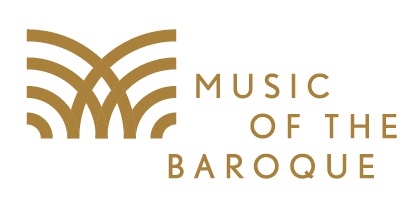

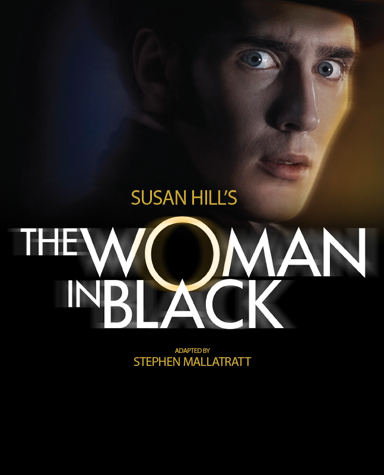

More Stories
“The Woman in Black” MILWAUKEE reviewed by Amy Menzel
“The Man Who Came To Dinner” reviewed by Julia W. Rath
” Manual Cinema’s The Magic City”